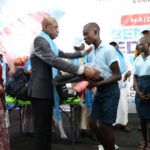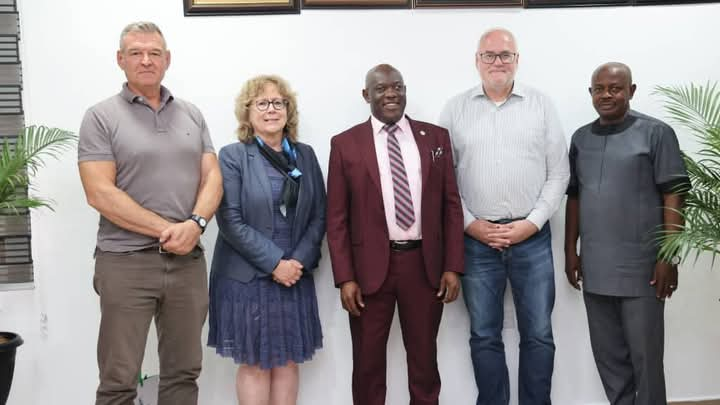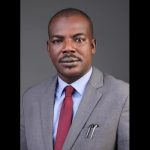By Chidi Ugwu
Approximately 4,000 residents will participate have committed to providing blood samples and health data to assess hydrocarbon exposure and related health risks in a fresh Hydrocarbon Pollution Remediation Project (HYPREP) comprehensive human biomonitoring study in Ogoniland, Rivers State, in partnership with the World Health Organization’s International Agency for Research on Cancer (IARC-WHO).
Professor Nenibarini Zabbey, Project Coordinator of HYPREP, who made this known at the inception meeting which was held with the team from IARC-WHO at the Project Coordination Office (PCO) in Port Harcourt, stated that the initiative marks a significant milestone in the ongoing efforts to address the health impacts of decades-long hydrocarbon pollution in the region.
According to him, the study is a direct response to the recommendations of the United Nations Environment Programme (UNEP) 2011 report, which called for a long-term, focused medical investigation to track the health impacts of oil contamination on the Ogoni population.
The UNEP report had previously highlighted severe threats to human health due to widespread soil and groundwater contamination, urging immediate action to protect affected communities.
Prof Zabbey said the three-year study, to be conducted by IARC-WHO, aims to: “Establish a correlation between hydrocarbon exposure and disease patterns in Ogoniland, conduct a comprehensive health risk assessment linked to oil pollution, build capacity among local health professionals, and provide actionable recommendations for public health interventions and policy planning”.
The study will also gather information on living conditions and other environmental health factors.
Zabbey emphasized the importance of transparency, robust stakeholder engagement, and ethical compliance, calling for the involvement of civil society groups and health institutions to ensure trust, ownership, and relevance throughout the study.
“The health implications of hydrocarbon pollution have long been a concern in Ogoniland and remain a core focus of HYPREP’s mandate. The UNEP Report recommends a long-term, focused medical study to track health impacts across the Ogoni population. This highlights the urgent need for the work we are initiating today,” Prof. Zabbey stated.
Dr. Joachim Schuz, leading the IARC-WHO team, assured that the agency would deliver a world-class, scientifically rigorous study. He highlighted the commitment to building local capacity and fostering collaboration with Ogoni scientists in epidemiology and related medical fields. Team members Dr. Ann Ollson and Mike Cowing echoed the agency’s preparedness to undertake this landmark research.
The biomonitoring study complements HYPREP’s broader public health initiatives, which include: “Construction of the 100-bed Ogoni Specialist Hospital and 40-bed Buan Cottage Hospital, strengthening of health centres in Bori, Terabor, Kpite, and Nchia, ongoing medical outreach programmes and health situation analyses.
The outcomes of the study are expected to drive policy interventions, inform public health planning, and support long-term monitoring of the well-being of the Ogoni people.
With IARC-WHO’s international expertise, the results will be credible, actionable, and globally recognized, setting a new standard for environmental health research in Nigeria’s oil-producing regions.












